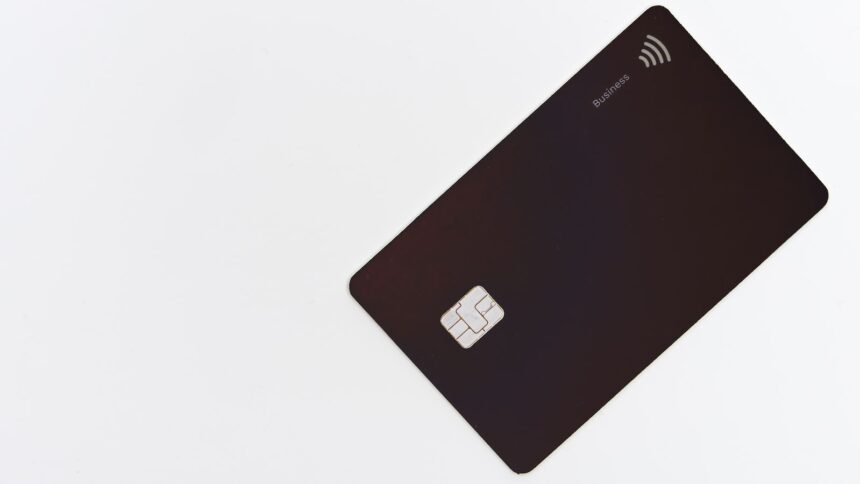The Ultimate Guide to Credit Repair
For many individuals, having a good credit score is an important factor in their lives. A good credit score can enable you to purchase a car or a home, secure low interest rates on loans, and even help you qualify for certain jobs. Unfortunately, even the most fiscally responsible person can find themselves with a credit score that needs improvement.
What Is Credit Repair?
Credit repair is the process of taking steps to improve your credit score. This may involve disputing incorrect or outdated information, negotiating with creditors for repayment plans, and paying off outstanding debts. With the right approach, credit repair can help to significantly improve your credit score over time.
Understanding Your Credit Report
To begin your credit repair journey, you must first understand what is on your credit report. A credit report is a document that summarizes your borrowing and repayment history. It includes information such as your outstanding balances, payments, and credit inquiries. Reviewing your credit report is a great starting point for credit repair as it can help you to identify any errors, such as incorrect information or outdated accounts, that could be dragging down your credit score.
Disputing Incorrect Information
Once you have identified errors on your credit report, the next step is to dispute them. You can dispute incorrect information with each of the three major credit bureaus: Equifax, Experian, and TransUnion. You can do this online or by mail using dispute forms. Once you have sent the dispute, the credit bureaus have between 30 and 45 days to investigate the claim. If they find that the information is indeed inaccurate, they will remove it from your credit report, which should help to improve your credit score.
Negotiating with Creditors
Another step you can take for credit repair is to negotiate with your creditors. Depending on your situation, creditors may be willing to work with you to reduce or even forgive outstanding debt. They may also offer payment plans that allow you to pay your debt over time. Negotiation can be a great tool to help reduce your debt and improve your credit score.
Paying Off Debts
Of course, another key to credit repair is to pay any outstanding debts. By consistently making payments on time and paying more than the minimum, you can start to reduce your debt and begin to see an improvement in your credit score. Additionally, if you can pay off debt in full, you can save on interest payments and potentially increase your credit score more quickly.
Conclusion
Credit repair can be a long and difficult process, but by taking the right steps, you can achieve a better credit score. Start by understanding what is on your credit report, disputing any errors, and negotiating with creditors. By consistently making payments on time and reducing your debt, you can start to see an improvement in your score. With patience and perseverance, you can take control of your credit and secure a better financial future.


